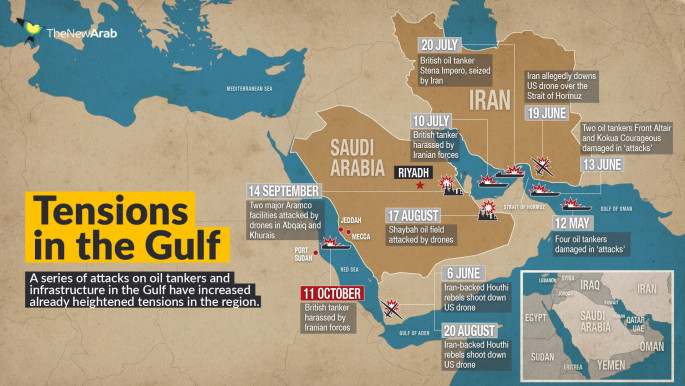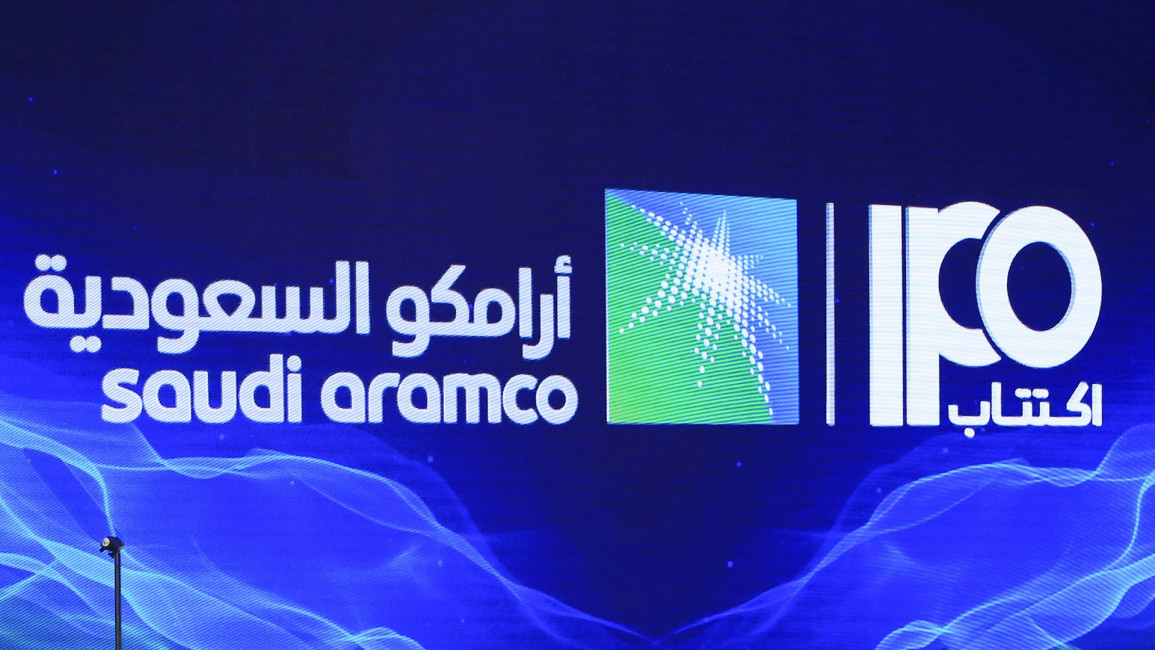Saudi Arabia Aramco misses crown prince's $2 trillion target valuation for IPO
Aramco, the world's largest oil producer, said it would sell 1.5 percent of the company in an initial public offering (IPO) worth $24-25.6 billion, scaling down the kingdom's initial plan to sell up to five percent of the firm.
"The base offer size will be 1.5 percent of the company's outstanding shares," the state-owned energy giant said as it began taking bids on Sunday from investors in a price range of 30-32 Saudi riyals per share ($8-8.5).
The much-delayed offering, a cornerstone of Bin Salman's ambitious plan to diversify the oil-reliant economy, rivals the world's biggest listing - the $25 billion float of Chinese retail giant Alibaba in 2014.
Aramco had initially been expected to list on two exchanges, with a first flotation of two percent on the kingdom's Tadawul bourse, followed by a further three percent on an overseas exchange.
But the company has said there are no current plans for an international stock sale, indicating that the long-discussed goal has been shelved for the time being.
The IPO has been dogged by delays since the idea was first announced in 2016, with the crown prince's desired valuation of $2 trillion met with scepticism from investors and analysts.
|
|
"[The] first impression is that [the] price is a sensible compromise and that it will sell," Tarek Fadlallah, chief executive officer of the Middle East unit of Nomura Asset Management, said on Twitter.
If priced at the top end of the range, it could eclipse Alibaba to become the world's biggest IPO, Fadlallah added.
The success of Bin Salman's Vision 2030 is tied to that of the Aramco IPO, with billions of dollars expected to be generated from the offering to be funneled into controversial mega projects across the kingdom.
Read more: Unanswered questions over Aramco IPO could undermine Saudi crown prince's vision
S&P Global Ratings said the stock market debut could enable the kingdom to strengthen its financial position.
"If subsequently effectively deployed, the funds raised could be used to support longer-term economic growth in Saudi Arabia," it said.
Critics however have cast doubt over the profitability of the company amid security risks in the region and rising concerns over the long-term use of carbon-based fuels due to climate change.
The state's control of the company poses multiple risks to investors, as highlighted by the attacks on two key Aramco processing sites in September, which Saudi Arabia and the United States blamed on their mutual foe Iran.
At home, however, the kingdom has reportedly pressured wealthy Saudi business families and institutions to invest, with many nationalists labelling it as a patriotic duty.
Last week senior cleric Abdullah al-Mutlaq sought to encourage Saudis to invest in the IPO, saying in a local television programme that it was permissible in Islam and even religious scholars were likely to participate.
Even for the domestic listing, though, there are reports the firm is struggling to attract foreign institutional investors, amid an uncertain outlook for the energy sector and questions over company disclosures and governance.
Aramco last year posted $111.1 billion in net profit. In the first nine months of this year, its net profit dropped 18 percent compared with the corresponding period of 2018, to $68.2 billion.
 |


![President Pezeshkian has denounced Israel's attacks on Lebanon [Getty]](/sites/default/files/styles/image_684x385/public/2173482924.jpeg?h=a5f2f23a&itok=q3evVtko)



 Follow the Middle East's top stories in English at The New Arab on Google News
Follow the Middle East's top stories in English at The New Arab on Google News


